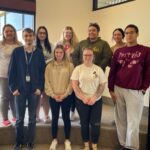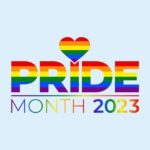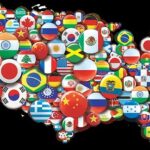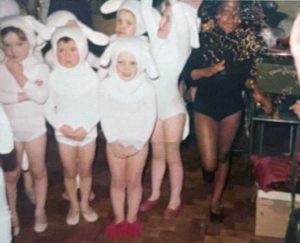
Growing up in Birmingham, England, diversity and inclusion were part of my everyday life. My neighbors were from different cultural backgrounds including Asian, Caucasian, and multi-ethnic. My aunt was married to a Caucasian man and my cousins were biracial. I remember visiting my aunt and seeing various skin tones, and that became my frame of reference. We played, argued, fussed, and fought with all of the children in the neighborhood, but within minutes situations were resolved, and the fun would resume. At that point in time, it never occurred to me that my skin color may one day define me.
My first friend and best friend was a freckled-faced little girl named Karen. Her mother, Maureen, treated me the same as Karen, and we had so much in common that people referred to us as “twins.” When Maureen took us places, we held hands, hugged, and treated each other with love, care, and respect. We had no idea the world would one day tarnish the innocence of our youth and thrust us into a world in which our race divided us.
As the Chief Diversity, Equity & Inclusion Officer, I am constantly reminded of how words and deeds matter more than ever before. In a climate of injustice, discrimination, racism, marginalization, alienation, and hatred, I reflect on where and when I first experienced the feeling of adverse treatment because of my skin color.
Karen and I were members of the British Dance Academy, performing before dignitaries at the Cadbury auditorium. We were the featured dancers, though another dance academy was also invited to perform. I recall seeing the dance instructor from the other academy whispering with the director and pointing in my direction. I was informed that I would not perform with my dance ensemble. Maureen began packing up our costumes stating that if one of her girls couldn’t perform, neither of us would. The parents of the other dancers in our academy followed her lead. I was too young to understand the gravity of the issue but was intuitive enough to recognize I was the reason it was happening.
As we walked toward the exit, the stage director beckoned for us to wait. She spoke with the parents, explained there was a terrible misunderstanding, and then Maureen informed our group of eight puzzled little girls that we’d be dancing after all. Not only did we perform, I was the featured dancer – “the black sheep.”
I find it ironic that the very thing someone tried to use to harm me helped me get center stage. Despite what could have been a devastating outcome, Maureen prevailed, showing the other dance instructor that love will always conquer hatred.
It would not be until years later that I would understand Maureen was my first ally. As I reflected on that particular situation, I began to recognize that it was one of the dozens of times she had protected me from racial slights and indignities.
Individuals from various minority groups face a myriad of adversities on a daily basis. What separates us is not those who choose to stand up for the victims, but those who believe that the advocates and allies must look like the victims to impact and effect change.
We are all equipped to effect change because we were born into the most powerful species, manKIND. Therefore, it is innate that we can be kind. I choose to be the voice for those who might not have the courage to speak for themselves. I choose to advocate for others regardless of what may be favored. I choose to say the things they want to say but are afraid to say. I choose to use my voice to speak words of encouragement, support, power, and kindness.
I believe there is no more extraordinary gift than to love unconditionally, without judgment, and support everyone with the courage to live as their true, authentic selves. We only have one life and should live every moment to the fullest without regret.
Therefore, I will continue to work intentionally to create a culture of care at PTC. And I encourage you to reflect on instances when you were either the victim or ally. Commit to doing everything in your power to demonstrate kindness and compassion, because you have no idea how you can affect the lives of others and give them the courage to pay it forward. Only through consistent acts of kindness can we hope to create a world in which we all thrive.
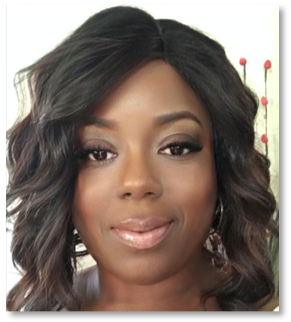
Marsha N. Lindsay
Chief Diversity, Equity, and Inclusion Officer

